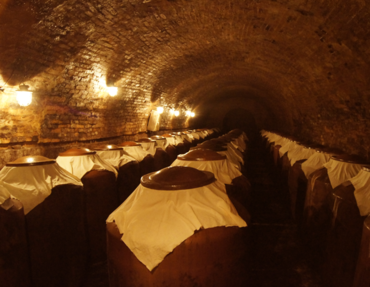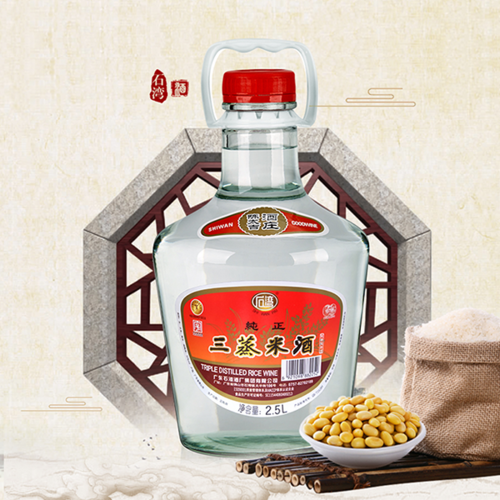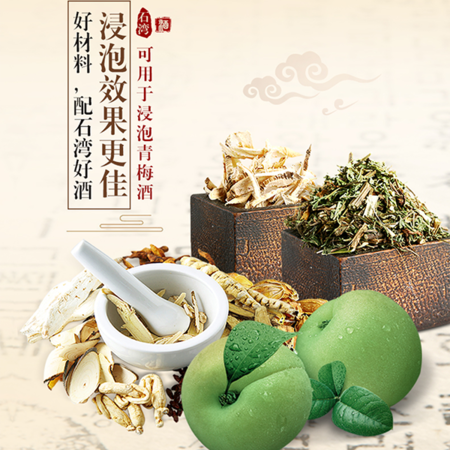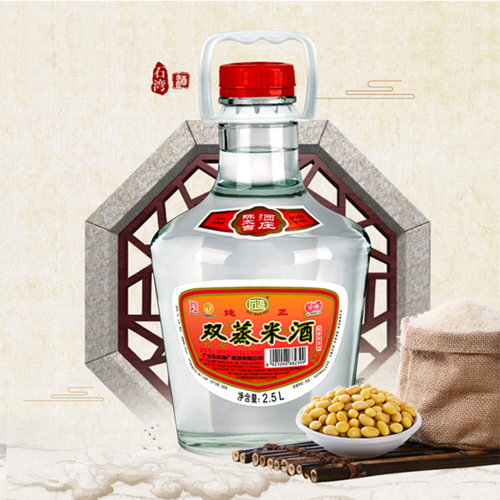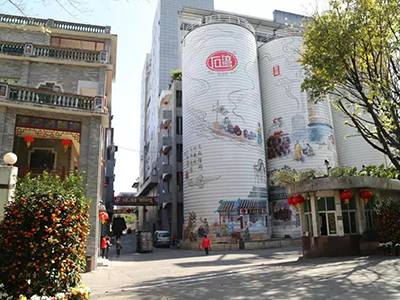The Brewing Process of Herbal Liqueur Health Wine
In the realm of alcoholic beverages, the concoction of herbal liqueur health wine stands out not only for its distinct taste but also for its purported health benefits. This elixir, steeped in tradition and crafted with care, undergoes a meticulous brewing process that blends herbs and spirits to create a unique fusion of flavor and wellness. Let's delve into the steps involved in crafting this remarkable beverage.
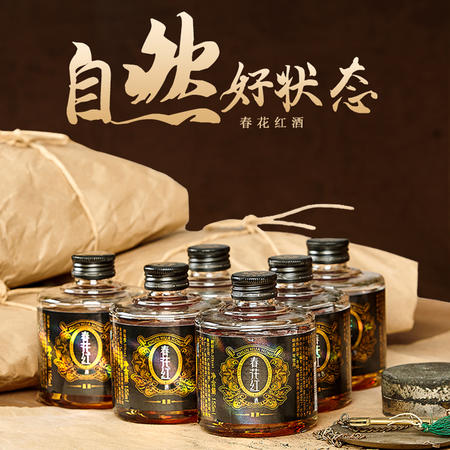
Selection of Herbs
The foundation of herbal liqueur health wine lies in the selection of herbs, each chosen for its distinct flavor and potential health properties.
Herbs such as ginseng, goji berries, chrysanthemum, and licorice root are commonly used for their purported medicinal qualities.
The herbs are carefully sourced and inspected to ensure optimal quality and potency, as their infusion will define the character of the final product.
Preparation of Herbal Mixture
Once the herbs are procured, they undergo a meticulous preparation process.
The herbs are cleaned, dried, and sometimes lightly toasted to enhance their flavors and activate their beneficial compounds.
They are then finely ground or chopped to facilitate the extraction of flavors and nutrients during the brewing process.
The precise composition of the herbal mixture is often a closely guarded secret, passed down through generations or developed through extensive experimentation.
Alcohol Base Selection
The choice of alcohol base is crucial in determining the overall profile of the herbal liqueur health wine.
Traditional recipes often utilize high-proof spirits such as vodka or grain alcohol, known for their ability to extract and preserve the flavors of the herbs.
Some modern variations may incorporate wine or brandy as the base, adding complexity and depth to the final product.
Maceration Process
The heart of the brewing process lies in the maceration of the herbal mixture in the chosen alcohol base.
The herbs are carefully combined with the alcohol in a large vessel, allowing them to steep and infuse over several weeks to months.
During this time, the alcohol extracts the flavors, aromas, and beneficial compounds from the herbs, resulting in a richly flavored and potent infusion.
Regular agitation or stirring of the mixture ensures thorough extraction and homogenization of flavors.
Sweetening and Aging
Once the desired level of extraction is achieved, the macerated mixture is strained to remove solid particles, leaving behind a concentrated herbal essence.
Sweetening agents such as honey, sugar, or syrup may be added to balance the bitterness of certain herbs and enhance the overall palatability of the liqueur.
The blended concoction is then transferred to aging vessels, where it undergoes a period of maturation to further develop its flavors and achieve harmonious balance.
The duration of aging can vary depending on the desired characteristics of the final product, ranging from several months to years for premium quality herbal liqueurs.
Filtration and Bottling
Before bottling, the aged herbal liqueur undergoes a final filtration process to clarify the liquid and remove any remaining impurities.
Filtration may involve multiple stages, including coarse filtration to remove larger particles followed by fine filtration to achieve clarity and brilliance.
The clarified liqueur is then carefully bottled, often in ornate glass vessels that showcase its exquisite color and clarity.
Proper sealing and labeling ensure the preservation of the herbal liqueur's quality and authenticity until it reaches the eager hands of consumers.
Enjoyment and Health Benefits
Herbal liqueur health wine is best enjoyed in moderation, sipped slowly to savor its complex flavors and potential health benefits.
The combination of herbs and alcohol is believed to possess medicinal properties, ranging from digestive aid and immune support to stress relief and vitality enhancement.
While scientific evidence regarding the specific health benefits of herbal liqueur health wine remains limited, its consumption has been deeply ingrained in cultural and traditional practices for centuries.
Conclusion
In the realm of alcoholic beverages, herbal liqueur health wine stands as a testament to the artistry and ingenuity of the brewing process. From the careful selection and preparation of herbs to the patient maceration, aging, and bottling, each step is imbued with craftsmanship and tradition. Whether enjoyed for its unique flavors or cherished for its perceived health benefits, herbal liqueur health wine continues to captivate drinkers around the world.



